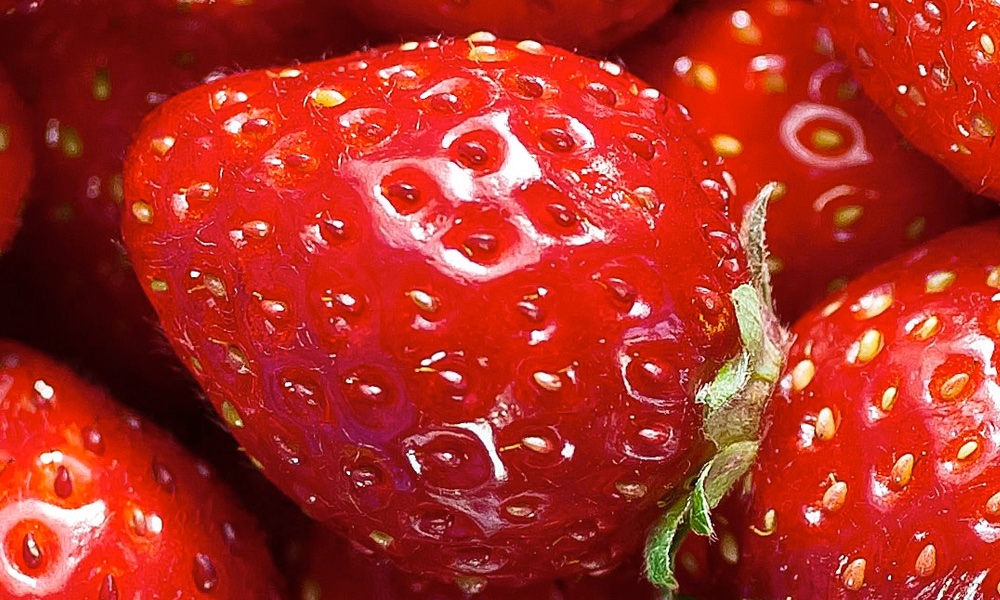Bleeding gums are usually read as a sign that your teeth and gums need a professional cleaning and that you may be at risk for dental problems. But they could also be sign that something is off in your diet.
If your gums are bleeding, by all means visit your dentist; but you should also take a look at what you are — and aren’t — eating. Bleeding gums have been known to be a sign of vitamin C deficiency and a symptom of scurvy for years. That association has been obscured by the current emphasis on brushing and flossing and cavities.
Gum disease or gingivitis makes normally light pink gums turn red and become swollen between the teeth. They also may bleed when flossing and brushing. But a vitamin C deficiency can also cause bleeding gums. Bleeding gums and bleeding in the eye can be signs of problems in a person’s microvascular system, the tiny vessels in the circulatory system; and increase the risk of bleeding in those vessels in the brain, heart and kidneys, Philippe Hujoel, one of the authors of a study by researchers at the University of Washington School of Dentistry, explained.People eating a low-carb diet may be avoiding some fruits rich in vitamin C because of their sugar content.
To study the relationship between bleeding gums and vitamin C status, researchers at the University of Washington reviewed the combined the results of 15 published studies involving over 1,100 people with gum disease, as well as information on 8,200 people who experienced bleeding in the eye.
The study does not suggest that vitamin C can prevent strokes or other serious health problems related to microvascular issues. But it might mean that current recommendations for vitamin C intake are too low, set as they were to protect against scurvy which is associated with very low vitamin C levels.
Missing the potential connection between bleeding gums and vitamin C deficiency could have serious health consequences. When gums bleed, there’s a reason, and it needs to be investigated.
If your gums bleed when you brush your teeth, see a dentist, but also check to see that you are eating enough vitamin-C rich foods such as citrus fruits, especially oranges, bell peppers, kiwi, broccoli, brussels sprouts, persimmons, strawberries and papayas.
The Recommended Dietary Intake for vitamin C for adults is 90 mg per day for men and 75 mg per day for women. People who smoke should add another 35 mg per day.
The study is published in Nutrition Reviews.





